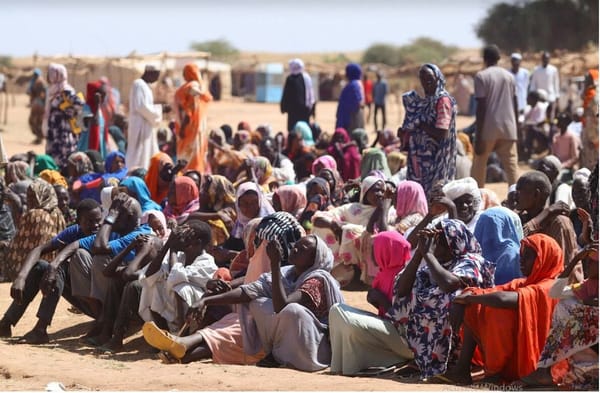
Sudan is facing one of the world's worst humanitarian crises, yet it remains largely invisible to the international community. Since April 2023, a brutal civil war has been raging between two military forces: the Sudanese Armed Forces (SAF) and the Rapid Support Forces (RSF). The numbers are staggering:
by Analis Rossi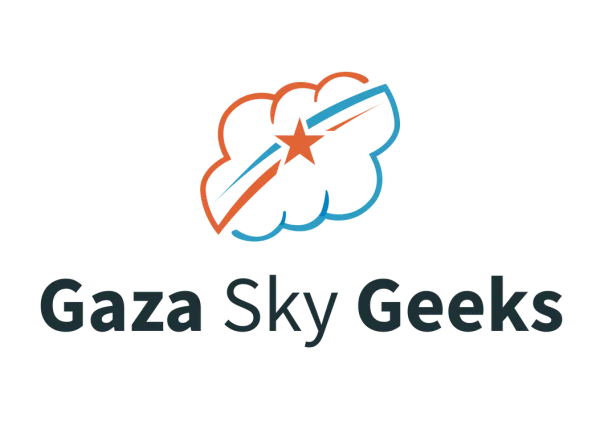
Authors: Analis Rossi and Alejandra Vergara A In Gaza, where the soil is dry and the future uncertain, Gaza Sky Geeks was planting seeds of transformation. With laptops instead of shovels and codes instead of crops, they cultivate a new kind of harvest, one that brings new opportunities, hope, dignity,
by Analis Rossi & Alejandra Vergara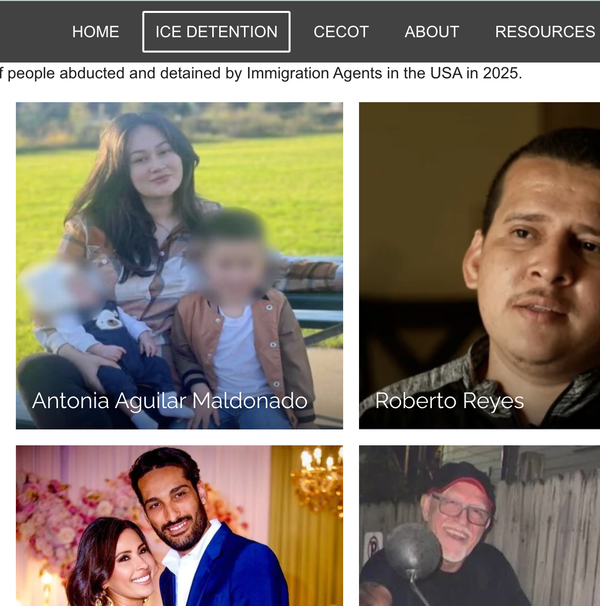
This post does not pretend to be a full catalog of disappearances, human rights abuses and illegal detentions now happening in the United States in 2025, but simply a bookmark to some more comprehensive lists - and actions that can be taken. the-disappeared.com : individual stories and action items of
by stories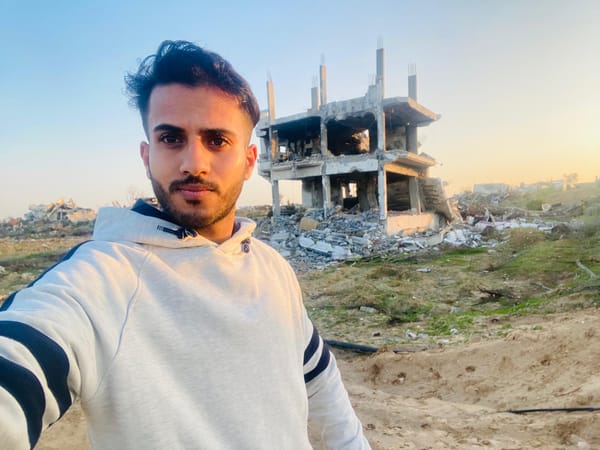
By: Alejandra Vergara A The morning sun in Gaza no longer carries the promise of a new day, but merely the opportunity to survive another day. For Ahmed Al-Sharif, a 25-year-old from Nuseirat Camp, the sun was once a quiet invitation to paint, to laugh with family, to build a
by stories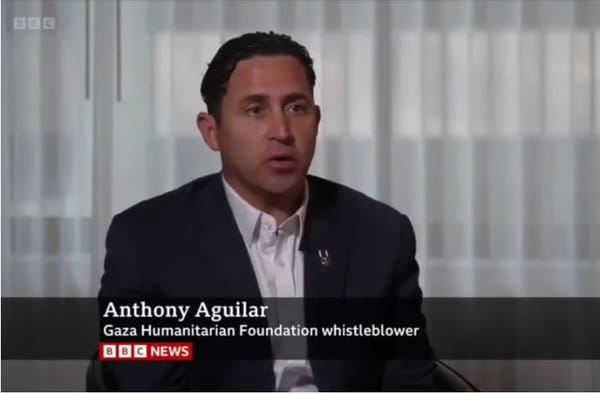
In an interview with the BBC, aired July 25, U.S. soldier Lieutenant Colonel Anthony Aguilar, a special forces veteran of the U.S. Army Green Berets, offered a firsthand witness account of the situation in Gaza. He says that he left the Gaza Humanitarian Foundation after seeing American soldiers
by Popa Alexandra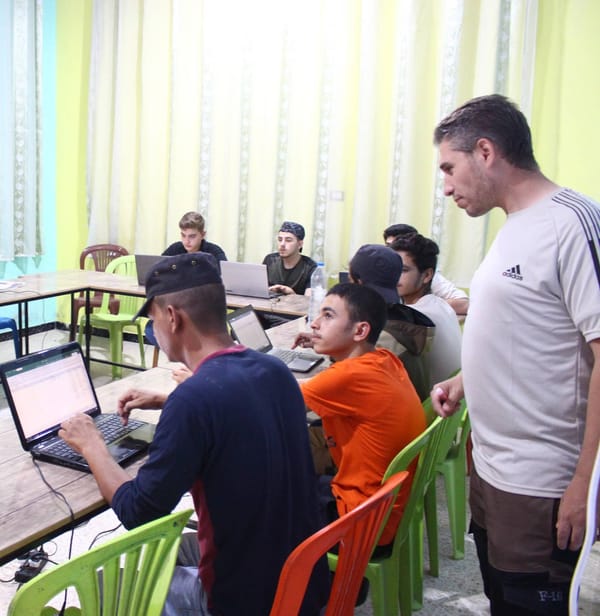
By Analis Rossi When the United Kingdom recently announced the removal of 12 Syrian entities from its sanctions list, many Syrians felt a glimmer of hope. This measure, which followed the earlier easing of sanctions against 24 entities in vital sectors such as transportation, energy, and financial services, heralded a
by Raise the VoicesIn the wake of Bashar al-Assad's downfall, Syria stands at a pivotal crossroads, poised for a future filled with both promise and uncertainty. The long-suffering nation, which has endured years of brutal conflict and oppression, now possesses an unprecedented opportunity to shape its destiny. As the dust settles,
by Mohammed Kamal Mugir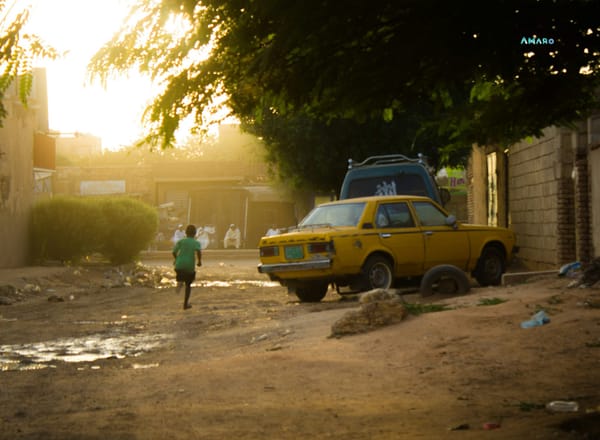
The 27-page report, “The Civil War in Sudan: Actors, Impacts, and the Humanitarian Crisis,” documents the deepening humanitarian crisis resulting from Sudan’s civil conflict, compounded by a network of both domestic and international actors. With minimal accountability, powerful entities—such as the
by Hasna khan
Sudan is facing one of the world's worst humanitarian crises, yet it remains largely invisible to the international community. Since April 2023, a brutal civil war has been raging between two military forces: the Sudanese Armed Forces (SAF) and the Rapid Support Forces (RSF). The numbers are staggering:
by Analis Rossi
Authors: Analis Rossi and Alejandra Vergara A In Gaza, where the soil is dry and the future uncertain, Gaza Sky Geeks was planting seeds of transformation. With laptops instead of shovels and codes instead of crops, they cultivate a new kind of harvest, one that brings new opportunities, hope, dignity,

By: Alejandra Vergara A The morning sun in Gaza no longer carries the promise of a new day, but merely the opportunity to survive another day. For Ahmed Al-Sharif, a 25-year-old from Nuseirat Camp, the sun was once a quiet invitation to paint, to laugh with family, to build a

The 27-page report, “The Civil War in Sudan: Actors, Impacts, and the Humanitarian Crisis,” documents the deepening humanitarian crisis resulting from Sudan’s civil conflict, compounded by a network of both domestic and international actors. With minimal accountability, powerful entities—such as the

Maria Kalesnikava is a Belarusian musician and political activist, who is a member of the Coordination Council Presidium which was formed in 2020 as a result of 2020 Belarusian post-election protests. Two actions have changed the life of Maria: the first one – to endorse the opposition candidate for the president
Written by Starlene Parris & Kasey Michaud Approximately 15% of all people living in state prisons experience a serious mental illness. What happens to these people? They are left to rot in prison, fighting against their own minds and a broken system they don’t fully understand. If you are

Sudan is facing one of the world's worst humanitarian crises, yet it remains largely invisible to the international community. Since April 2023, a brutal civil war has been raging between two military forces: the Sudanese Armed Forces (SAF) and the Rapid Support Forces (RSF). The numbers are staggering:
by Analis Rossi
Authors: Analis Rossi and Alejandra Vergara A In Gaza, where the soil is dry and the future uncertain, Gaza Sky Geeks was planting seeds of transformation. With laptops instead of shovels and codes instead of crops, they cultivate a new kind of harvest, one that brings new opportunities, hope, dignity,
by Analis Rossi & Alejandra Vergara
This post does not pretend to be a full catalog of disappearances, human rights abuses and illegal detentions now happening in the United States in 2025, but simply a bookmark to some more comprehensive lists - and actions that can be taken. the-disappeared.com : individual stories and action items of
by stories
By: Alejandra Vergara A The morning sun in Gaza no longer carries the promise of a new day, but merely the opportunity to survive another day. For Ahmed Al-Sharif, a 25-year-old from Nuseirat Camp, the sun was once a quiet invitation to paint, to laugh with family, to build a
by stories
In an interview with the BBC, aired July 25, U.S. soldier Lieutenant Colonel Anthony Aguilar, a special forces veteran of the U.S. Army Green Berets, offered a firsthand witness account of the situation in Gaza. He says that he left the Gaza Humanitarian Foundation after seeing American soldiers
by Popa Alexandra
By Analis Rossi When the United Kingdom recently announced the removal of 12 Syrian entities from its sanctions list, many Syrians felt a glimmer of hope. This measure, which followed the earlier easing of sanctions against 24 entities in vital sectors such as transportation, energy, and financial services, heralded a
by Raise the VoicesIn the wake of Bashar al-Assad's downfall, Syria stands at a pivotal crossroads, poised for a future filled with both promise and uncertainty. The long-suffering nation, which has endured years of brutal conflict and oppression, now possesses an unprecedented opportunity to shape its destiny. As the dust settles,
by Mohammed Kamal Mugir
The 27-page report, “The Civil War in Sudan: Actors, Impacts, and the Humanitarian Crisis,” documents the deepening humanitarian crisis resulting from Sudan’s civil conflict, compounded by a network of both domestic and international actors. With minimal accountability, powerful entities—such as the
by Hasna khan